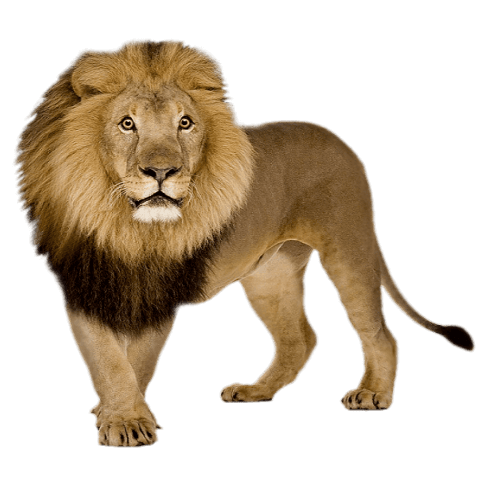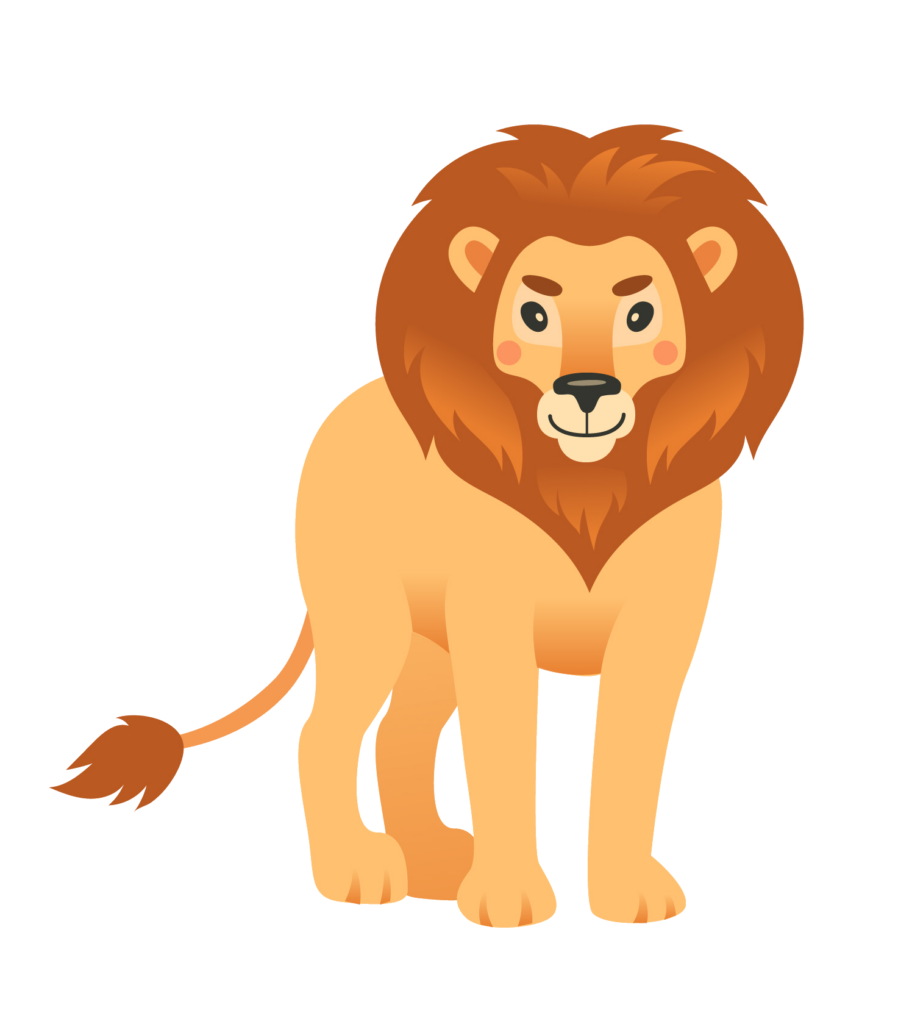

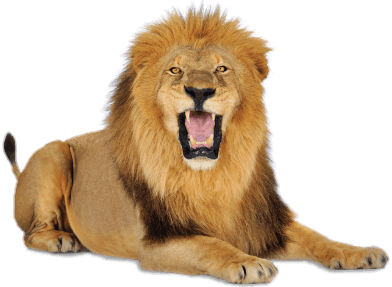
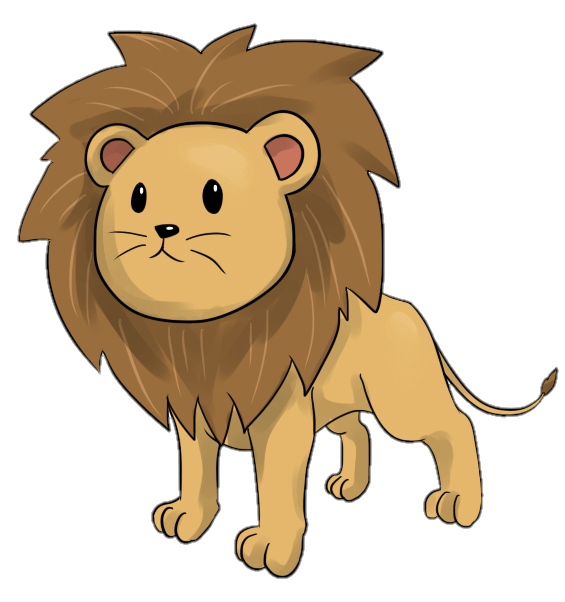
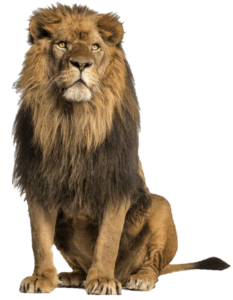
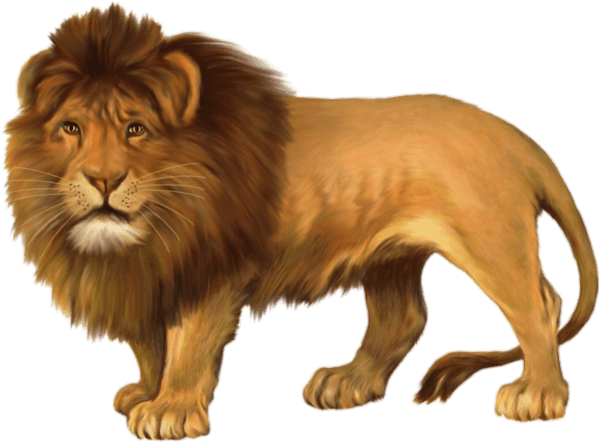
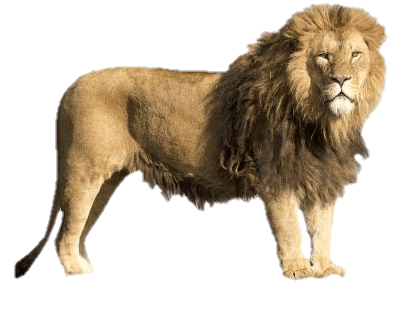
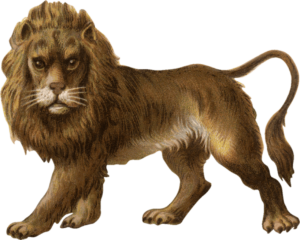
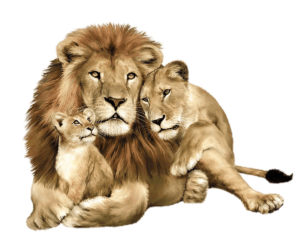
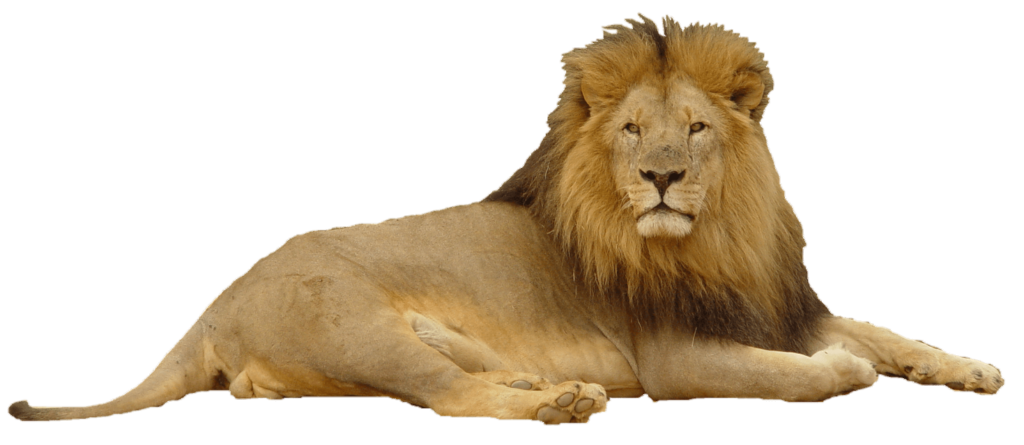
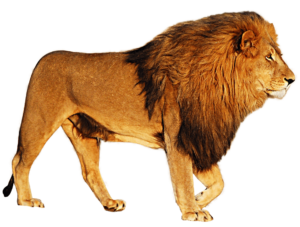
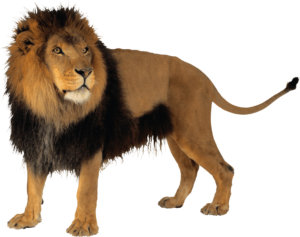
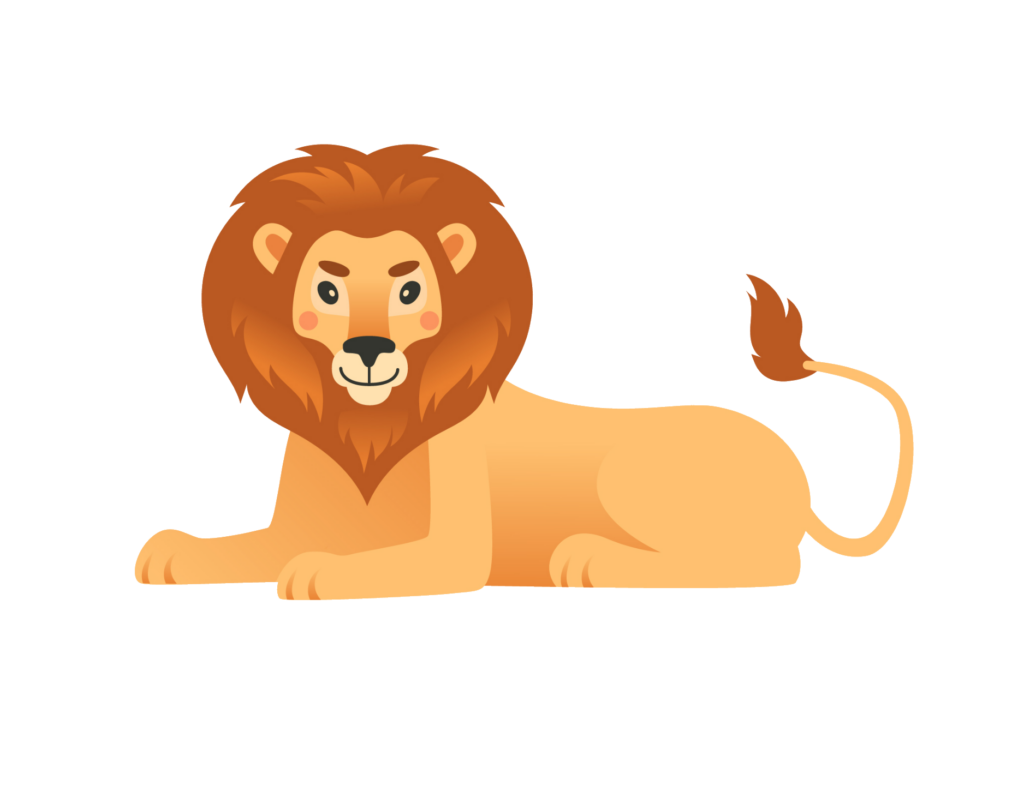
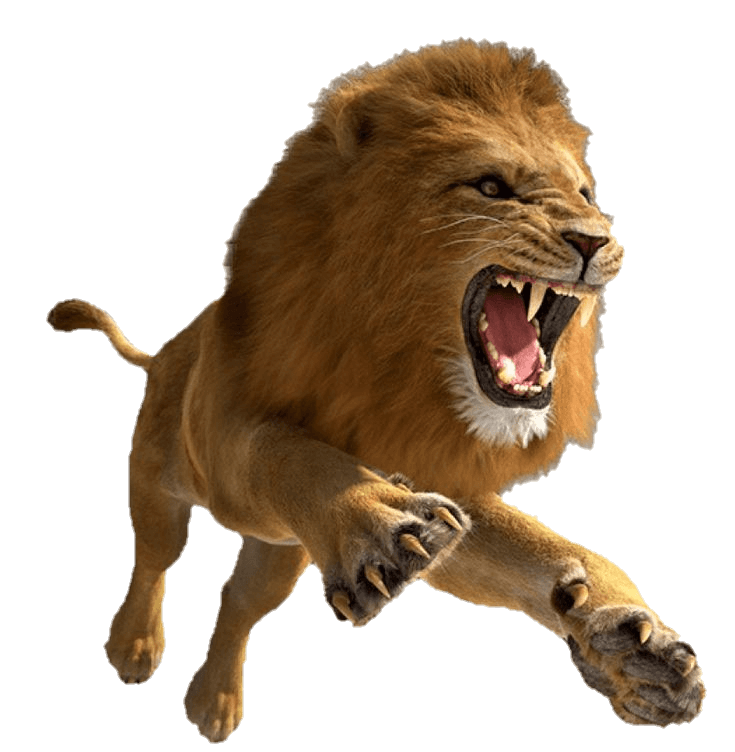
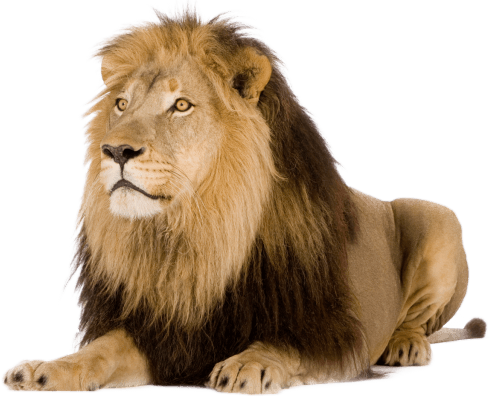
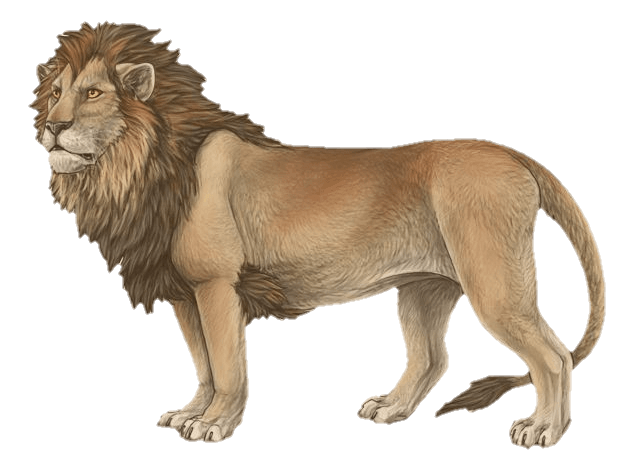
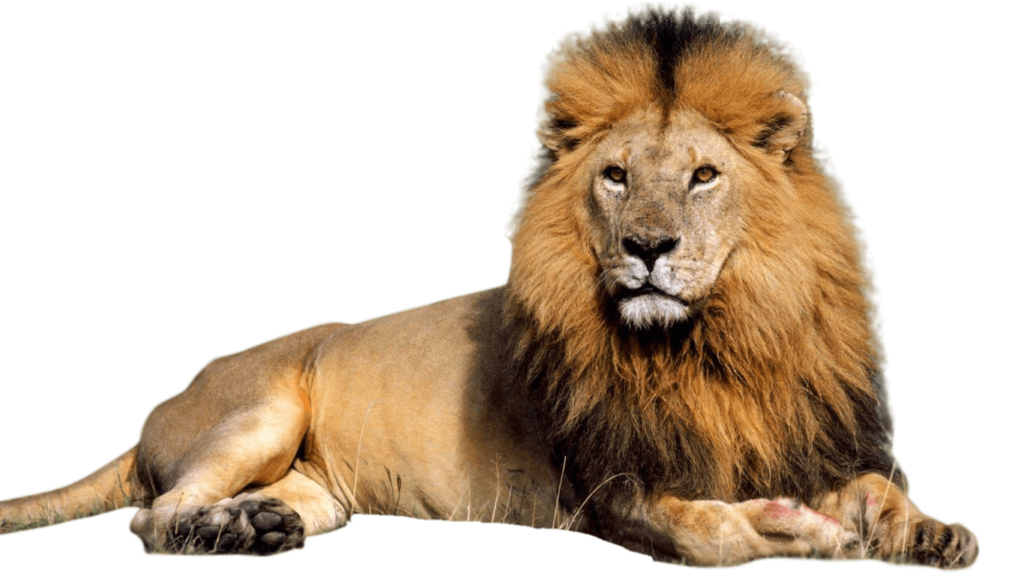
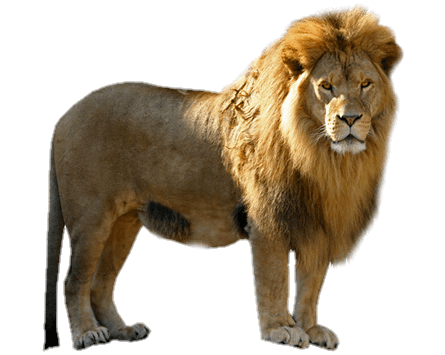
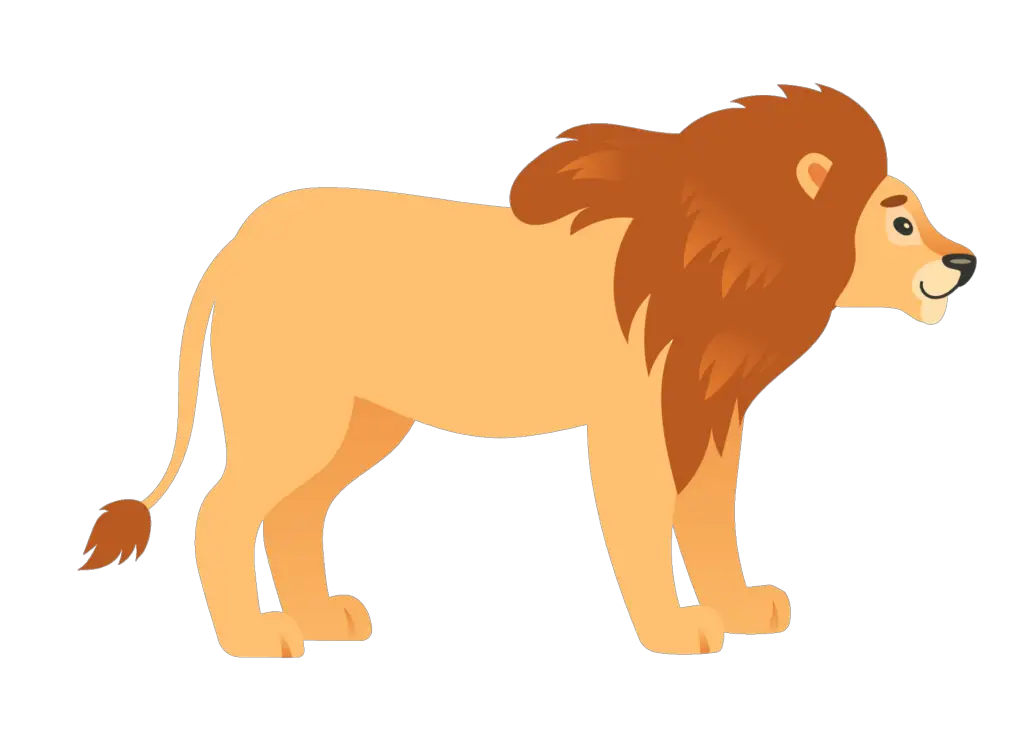
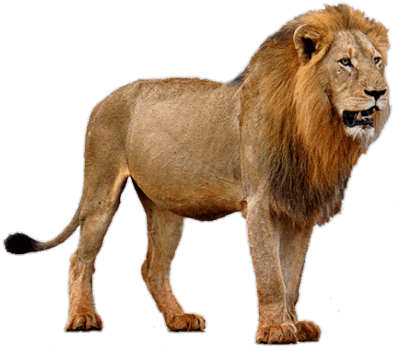
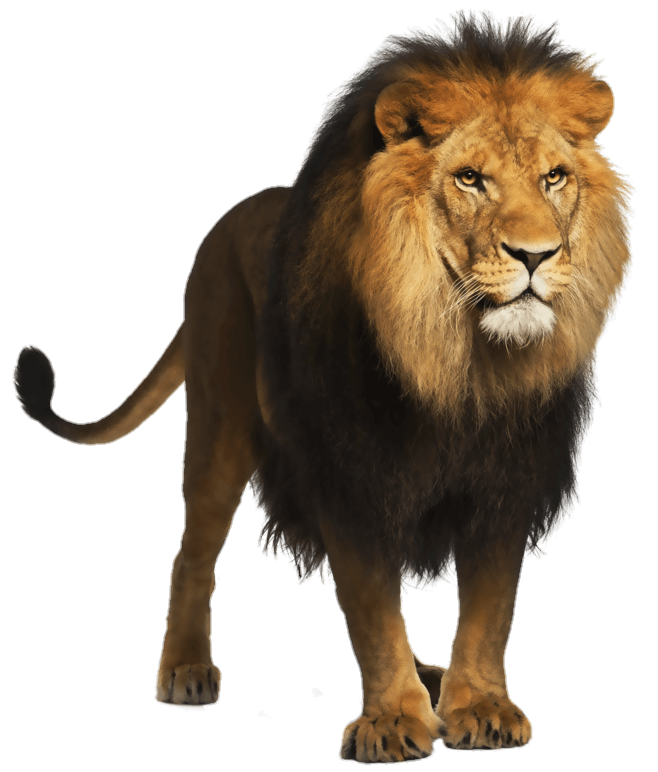
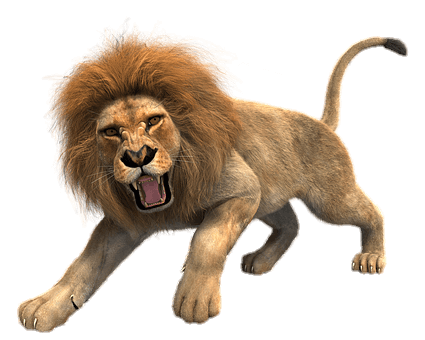
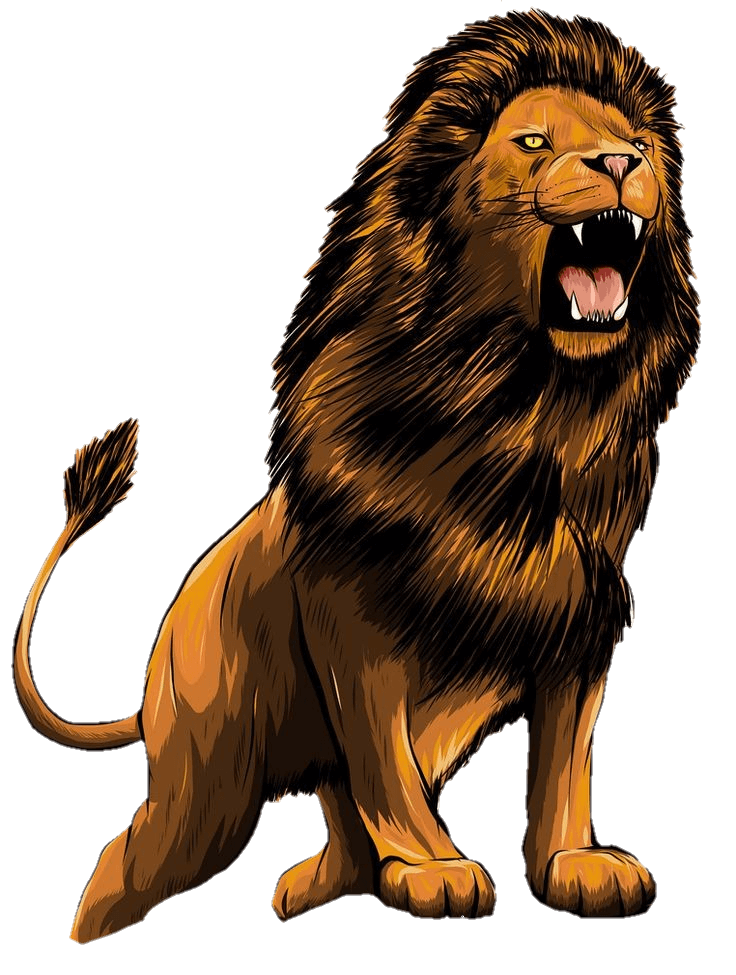
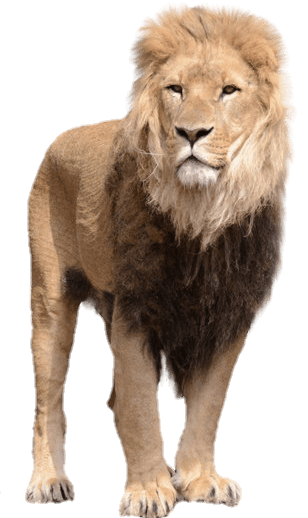
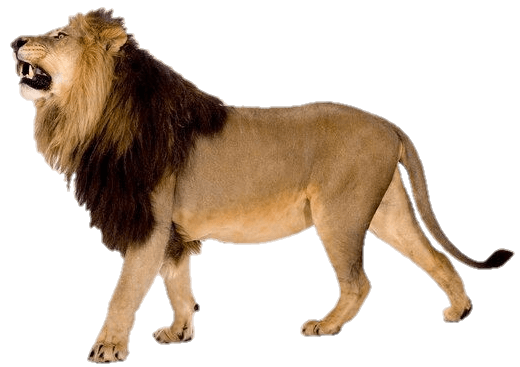

Lions, scientifically known as Panthera leo, are large, muscular carnivores found primarily in the grasslands and savannas of Africa. They possess distinctive features that make them instantly recognizable. Adult male lions, known as “lions,” have a majestic mane of hair encircling their head and neck, which serves as a sign of their maturity and dominance. Their tawny-colored fur provides excellent camouflage in the grasslands, enabling them to stalk their prey unnoticed. On average, males weigh around 420 pounds (190 kilograms) and can reach a length of up to 10 feet (3 meters), including their tail. In contrast, adult females, known as “lionesses,” are slightly smaller and lack the prominent mane.
Lions are unique among big cats due to their highly social nature. They form social groups called pride, typically consisting of several related adult females, their cubs, and a few dominant males. The pride is a cohesive unit responsible for hunting, defending territories, and raising the young. Lionesses are the primary hunters, working together to bring down large prey such as wildebeests, zebras, and buffalo. With their impressive manes and intimidating roars, male lions play a crucial role in protecting the pride and territory from intruders.
Lions are apex predators, and their hunting techniques are finely tuned. Their cooperative hunting strategies are highly effective, allowing them to take down prey otherwise unattainable for an individual lion. By working together, they can encircle their target, cut off escape routes, and launch a synchronized attack. Their powerful jaws and sharp claws help them overpower their prey swiftly and efficiently. The hunting success rate of lions is relatively high, but it can vary depending on factors such as prey availability and the pride’s size.
Throughout history, lions have held significant cultural and symbolic meanings for various civilizations. In many cultures, the lion symbolizes strength, courage, and leadership. In ancient Egypt, lions were associated with royalty and were often depicted in statues and hieroglyphs. The lion’s portrayal as the “King of the Jungle” has permeated popular culture, appearing in literature, art, and national symbols. The lion is the national animal of several countries, including England, Ethiopia, and Singapore. It is also a prominent figure in heraldry, representing noble traits and power.
Despite their iconic status, lions face numerous challenges in the modern world. Loss of habitat due to human encroachment, illegal wildlife trade, and conflict with humans pose significant threats to their survival. The International Union for Conservation of Nature (IUCN) lists lions as a vulnerable species, declining their population in recent decades. Conservation organizations and governments are trying to protect lion populations and their habitats, including establishing national parks and conservation programs.
